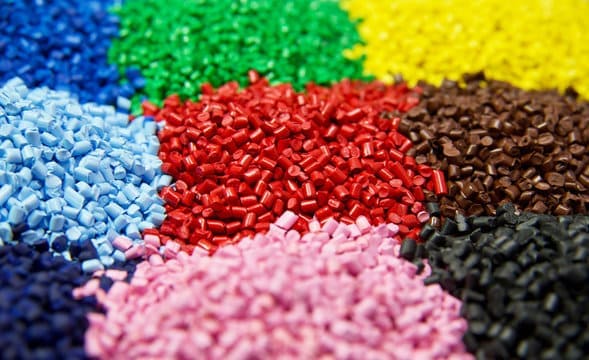Plastic Polymer Exporters in Myanmar : A Growing Industry
Title description, October 7 , 2024

Overview of Myanmar’s Plastic Polymer Industry
Myanmar's plastic polymer export industry is experiencing vigorous development as the nation enhances its industrial credentials. The rising international market for plastic materials ranks Myanmar as an advantageous centre for the production and export of plastic polymers, maintained by its favourable geographic location and access to essential raw materials.
Pivotal plastic polymers —such as polyethene (PE), polypropylene (PP), and polyvinyl chloride (PVC) — play a vital role across numerous sectors, including packaging, automotive, electronics, and construction. In response to this growing demand, Myanmar's manufacturing sector is improving its polymer production capabilities while prioritizing export quality improvement.
Why Choose Myanmar for Plastic Polymers?
Myanmar is rapidly emerging as a strong competitor in the global plastic polymer market, offering multiple advantages that enhance its appeal to companies and investors seeking high-quality polymers. Below are the critical factors that differentiate Myanmar:
- Abundant Raw Materials
Myanmar possesses a wealth of vital natural resources, including petroleum and natural gas, which play a significant role in the produce of synthetic plastic polymers. The abundant availability of these raw materials effectively reduces production costs, allowing Myanmar to offer polymers at competitive market rates.
- Strategic Geographic Location
Myanmar's strategic geographical position, nestled between significant markets such as China, India, Southeast Asia, and the Middle East, establishes it as a prime export hub. These regions represent among the largest consumers of plastic polymers, particularly within the packaging, automotive, and electronics sectors. The country's strategic location relative to these markets significantly reduces shipping time and decreases transportation expenses, supplying exporters with a significant logistical edge.
- Competitive Production Costs
Labour expenses in Myanmar are comparatively more affordable than those in other nations that export polymers. This advantage, connected with the availability of raw materials, enables Myanmar's plastic polymer sector to provide competitive pricing without compromising on quality standards.
- Growing Manufacturing Capacity
The manufacturing sector in Myanmar is experiencing notable growth, strengthened by a progressively skilled labour force and the development of industrial zones featuring advanced machinery. This expansion positions Myanmar to effectively satisfy the increasing global demand for plastic polymers, all while adhering to international quality standards.
-
Focus on High-Quality Exports
The polymer export sector in Myanmar is dedicated to delivering high-quality polymers that adhere to global standards. By continuous investments in state-of-the-art machinery and advanced technologies, the country is enriching its capacity to provide resilient and adaptable plastic polymers to various industries worldwide.
Export Markets: Plastic Polymers from Myanmar
Myanmar’s plastic polymer exports primarily serve regional markets in Asia and Southeast Asia. Additionally, with growing demand, Myanmar is expanding its reach to countries in the Middle East, where plastic polymers are critical in manufacturing and industrial processes.
Challenges and Opportunities
Myanmar’s polymer industry is growing but faces challenges such as:
- The need for advanced technology
- Infrastructure upgrades
- Environmental concerns related to plastic waste management
These challenges present opportunities for innovation within the sector.
With a global focus on sustainability, Myanmar’s polymer industry can :
Future Prospects
Myanmar’s future in plastic polymer exporters is promising, driven by investments in technology and workforce training. Its focus on sustainability and cost-effectiveness will position it as a reliable player in the expanding global polymer market.